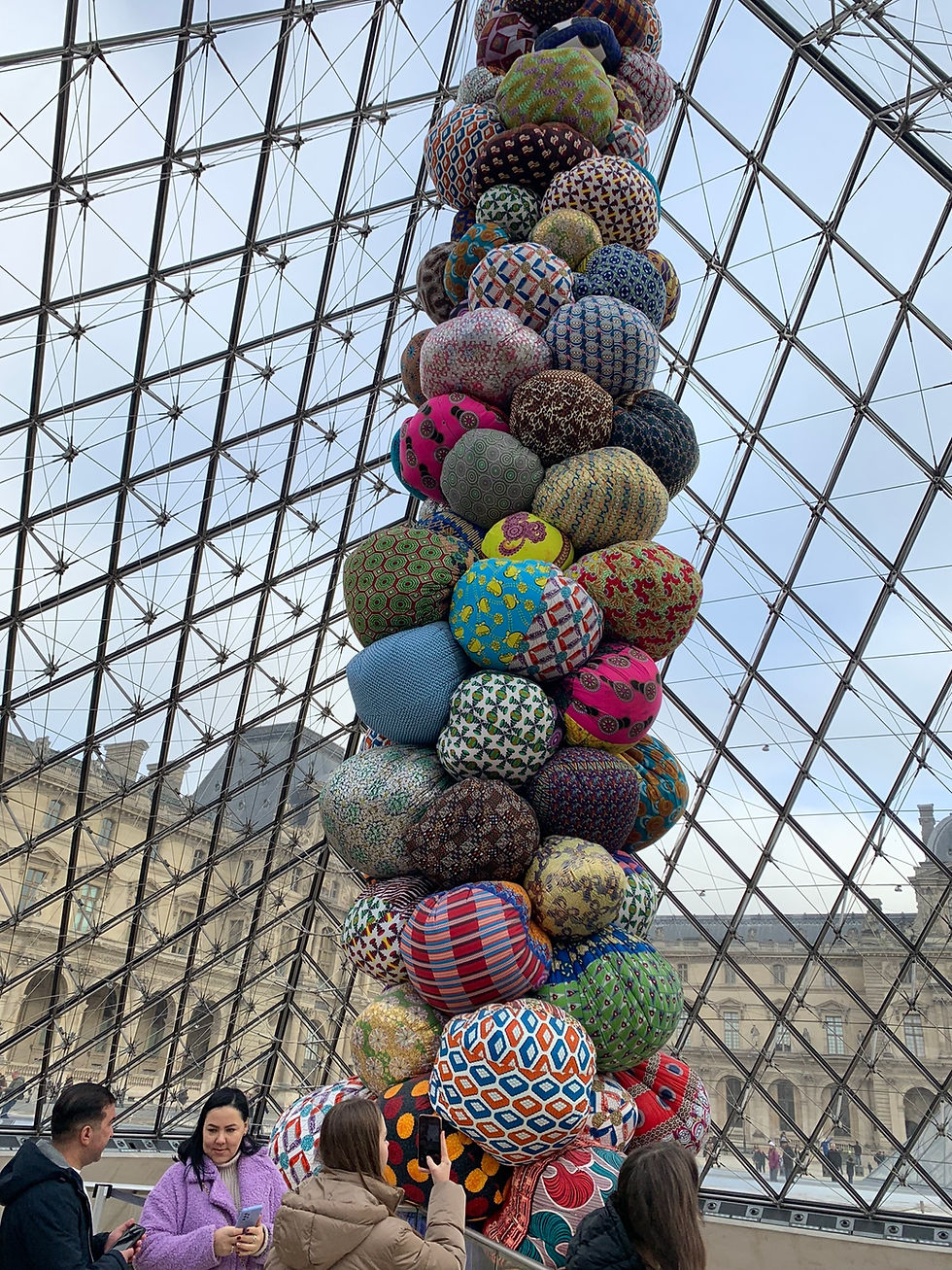The value of human life
- Leon Gork Jerusalem
- Aug 30, 2017
- 3 min read

After seeing the film, Narayama – bushi ko (Japan 1983), I asked myself how did the society depicted there, develop the practice of allowing the elderly to die of starvation on a lonely mountain, while other societies developed the custom of taking care of the aged, protecting them from death by all possible means.
There are two conflicting attitudes in the world, namely the attitude of increasing the number of human beings in the world and the attitude of diminishing it.
It is out of the question that a community that holds to the attitude “Go forth and multiply” (Torah community) can consider any form of euthanasia, like the one depicted in the movie above.
The society depicted in the movie, obviously doesn’t follow the idea that it’s good to have an ever increasing number of human beings to populate the earth.
This group, obviously comes to that idea because they consider that the food resources are limited and having more human beings to share with means less food for each of the others.
The other group (the Torah group), obviously thinks that more human beings will produce more food, so humans must increase and multiply if mankind is to survive.
Each group exists at a different time in history; The group that considers resources to be limited originated in the stone age, when man was a food gatherer. The group that favors increasing resources originated later, when humans began to cultivate the land to produce food.
In this second period human beings became aware of their value. Their intervention in nature brought about increase. Think of the labor that must be undertaken to produce food, ploughing, sowing, reaping etc. and it becomes clear that man stands at the centre of creation as the most important component of survival.
Probably the most important outgrowth of Man’s realization of his uniquene position in the universe, is a feeling of awe. This is brought about because he’s aware that he is mortal, so how can he be expected to fulfill an immortal task; when he dies who will continue the task of caring for existence.
If existence is to be eternal there must be someone who is eternal to take eternal care of existence.
So he arrives at the belief in God, who is eternal.
He can only fulfill his task if God helps him.So he understands that he must pass this awe on to the next generation, who will continue to pray to God for help in the great task of preserving existence.
This feeling is brilliantly described in the story of Job, who loses everything but continues to be faithful to God, which the rabbis consider to be written by Abraham.
I can see their logic, because it is Abraham who is the first to realize his mortality and his utter dependence on one god.
This realization leads, naturally to the creation of new customs, designed to preserve human beings, such as the 10 commandments and other laws contained in the Torah (the Old Testament) and in the code of Hamurabi.
Obviously there can only be one God; if he’s going to worship a god who created him, it can only be One. There’s no logic in having two or more creators of one human being or two or more creators for one human being to worship.
Polytheism is only possible in a society that is unaware of the central role that human beings play in the preservation of existence, like the society depicted in the film, mentioned above. It is still in the stone age and therefore favors killing humans who are no longer able to contribute to food production and only consume, diminishing the limited food supply.
Monotheism is that God is the creator and man is His representative on earth. There can be no other God and no other representative.









Comments